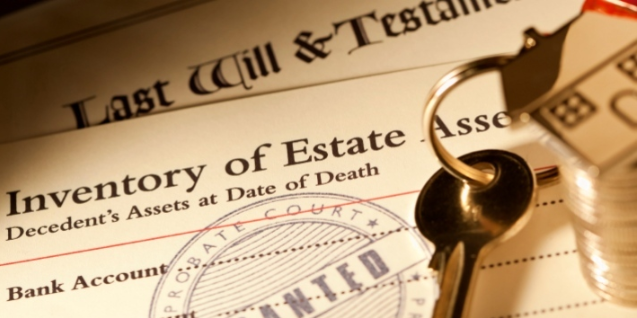
What’s Required of the Executor of an Estate?
Being named as the executor of an estate is generally an honor but settling an estate can be a difficult and time-consuming job. This week, Craig Siminski, of CMS Retirement Income Planning, shares with us an article providing an overview of typical executor responsibilities:
If you are asked to serve as an executor, you may want to research the legal requirements, the complexity of the estate, and the potential time commitment. You should also consider seeking the counsel of experienced legal and tax professionals.
An executor generally has the right to be compensated for services and reimbursed for expenses; fees vary depending on the situation.
Typical Duties
The executor of an estate (referred to as a personal representative in some states) is named in the deceased’s legal will. An executor typically must file a petition for probate, the legal process for establishing the validity of the will. Some estates may not require probate, depending on size, types of assets, and state laws. If there is no will, there is technically no executor, but the probate court will appoint an administrator or personal representative to carry out the same duties.
If the deceased created a letter of instruction, it should include much of the information needed to close out an estate, such as a list of documents and their locations, contacts for legal and financial professionals, a list of bills and creditors, login information for important online sites, and final wishes for burial or cremation and funeral or memorial services.
Where There’s a Will…
Almost two out of three Americans think it’s important to have an estate plan, but only one out of three actually has a will or other estate planning document. The most common reason for not having a will is simple procrastination. Not having a will can make it much more difficult to settle an estate.
Here Are Some Duties You Might Take on as an Executor:
Arrange for funeral and burial costs to be paid from the estate: Collect multiple copies of the death certificate from the funeral home or coroner. They may be needed to fulfill official obligations, such as presenting the will to the court for probate, claiming life insurance proceeds, reporting the death to government agencies, and transferring ownership of financial accounts or property to the beneficiaries.
Handle any government benefits and file tax returns: The funeral home will typically notify the Social Security Administration. Federal benefits received after the date of death must be returned. However, Social Security benefits are paid a month behind, so a payment in the month of death for the previous month would …
To Read the Entire Article, Please Click Here.
Craig Siminski is a CERTIFIED FINANCIAL PLANNER™ professional, with more than 25 years of experience. His goal is to provide families, business owners, and their employees with assistance in building their financial freedom.

Please let Craig know that the Green Bay News Network Sent You!

